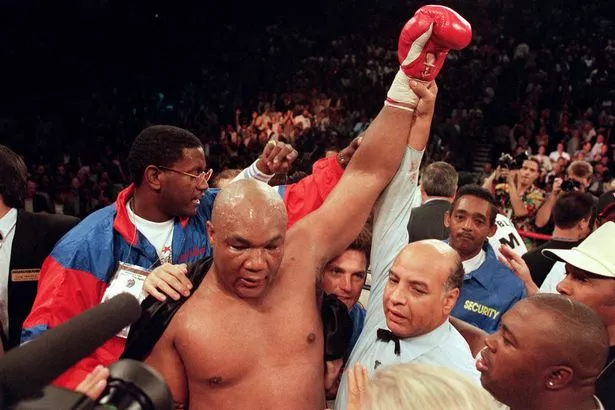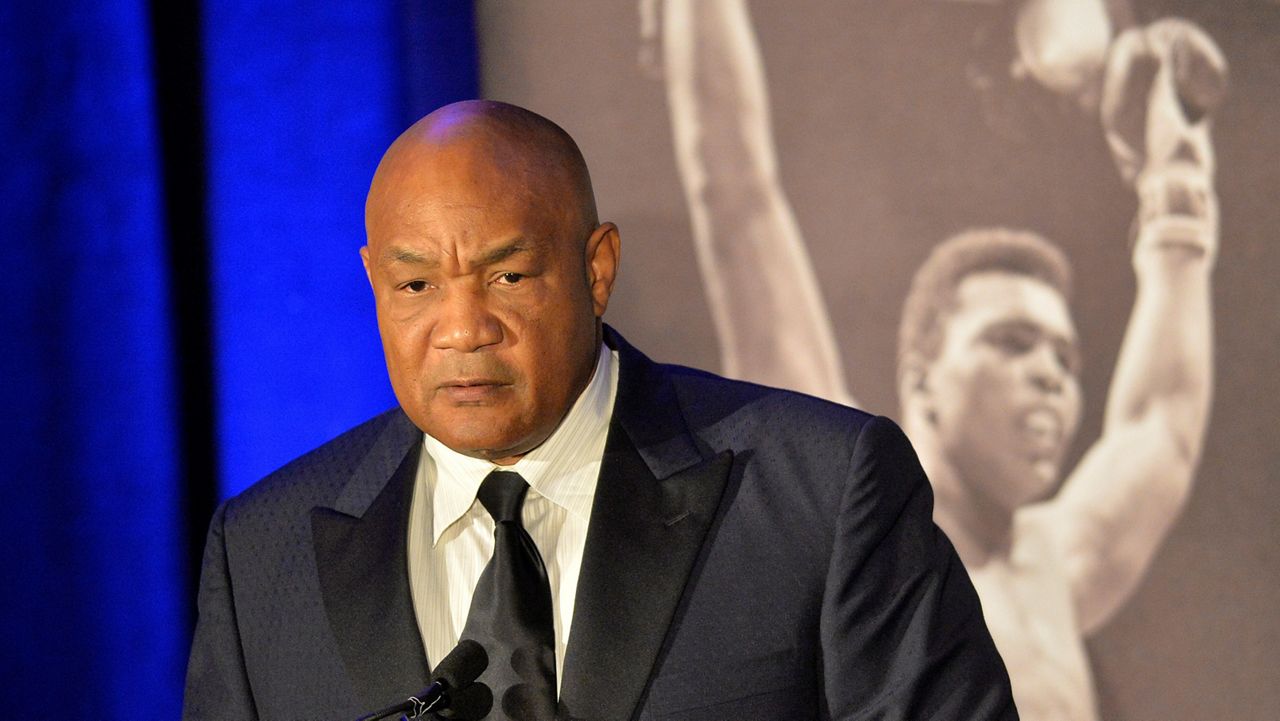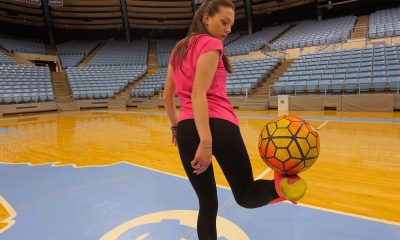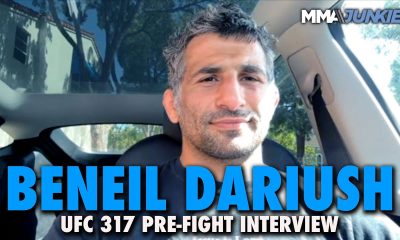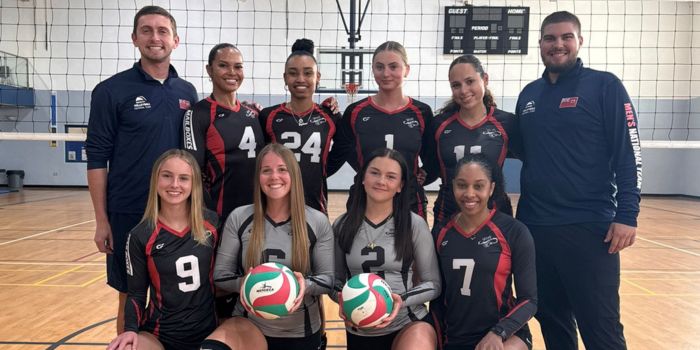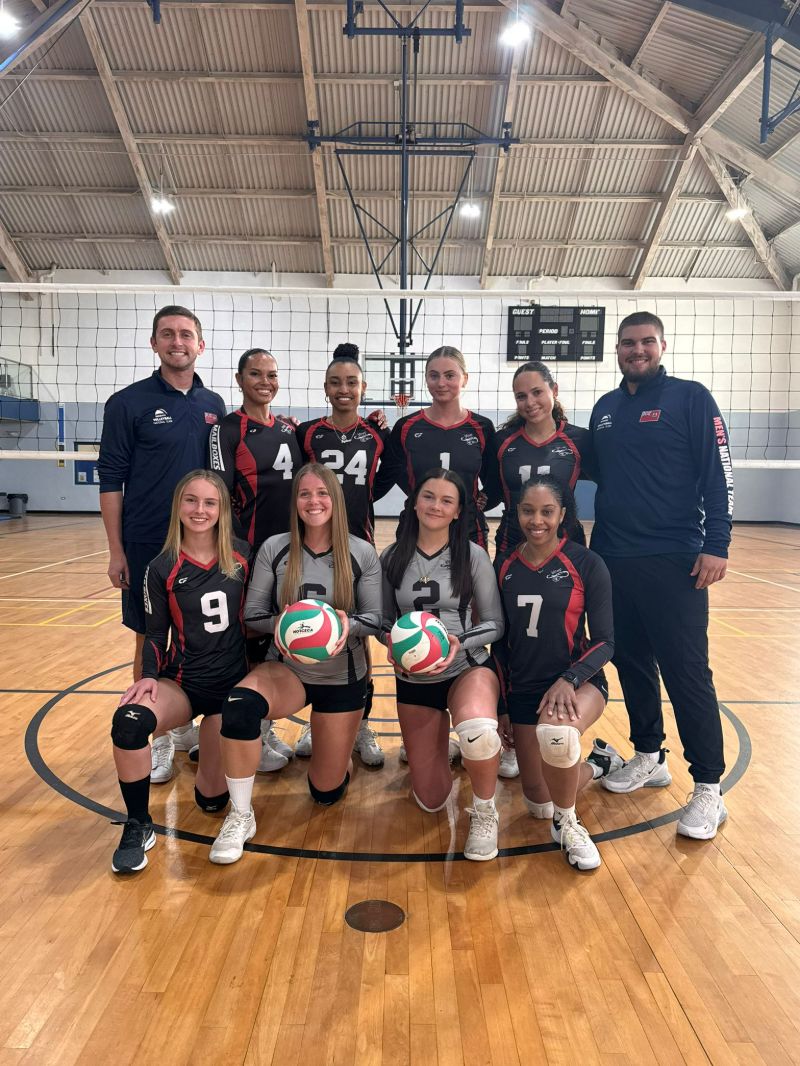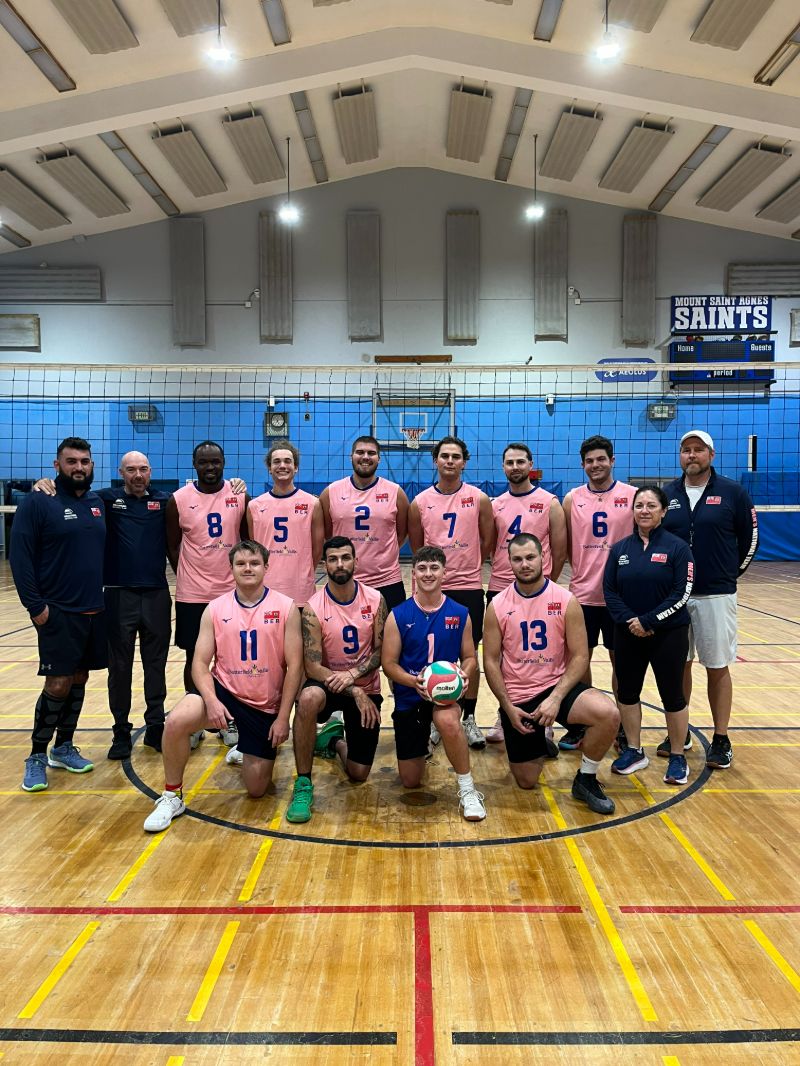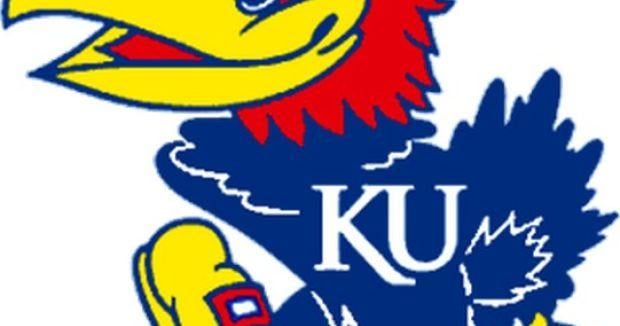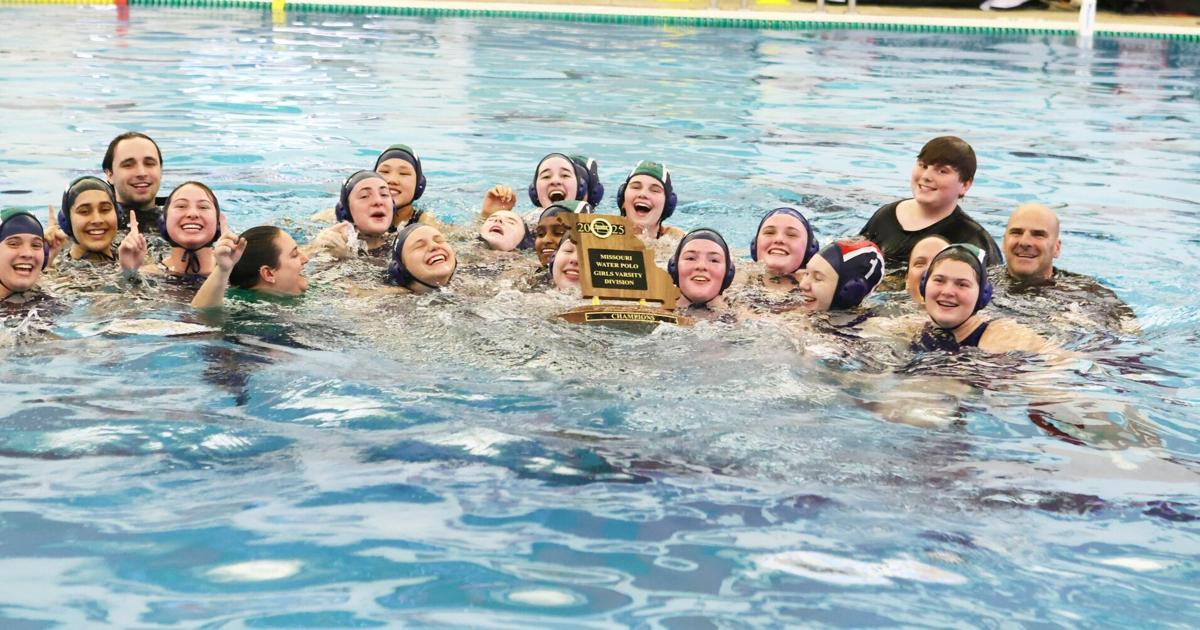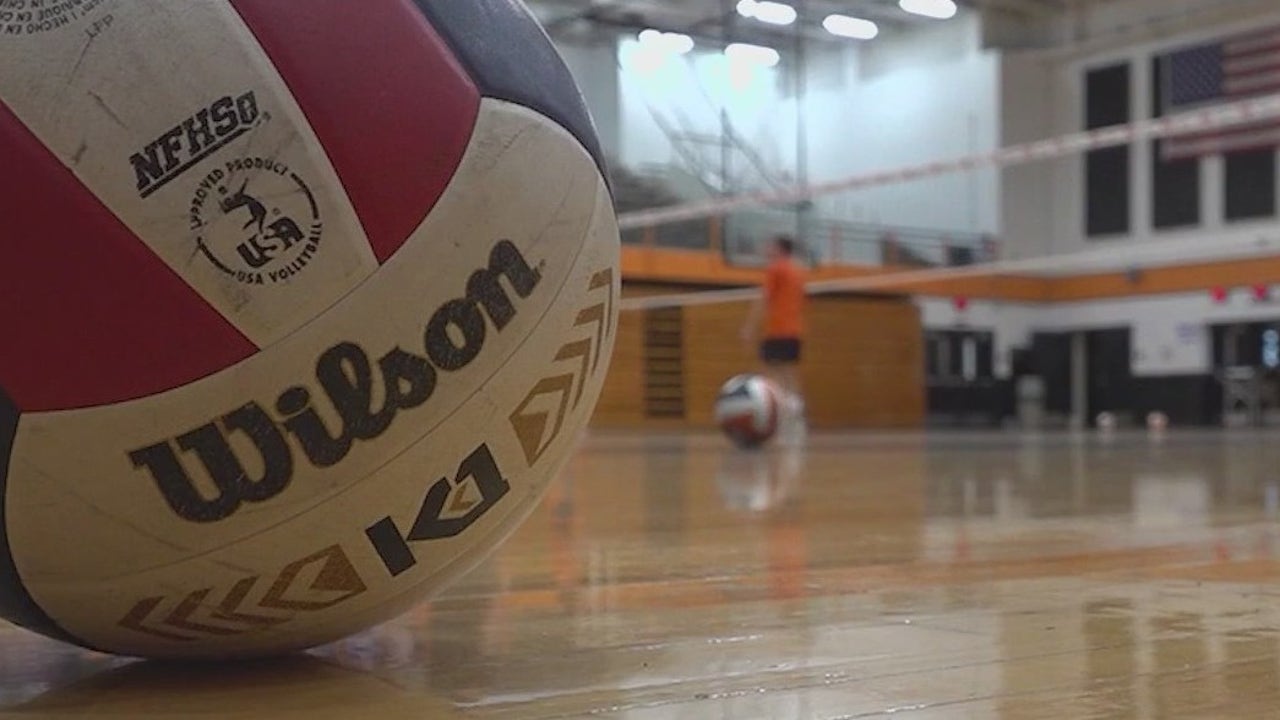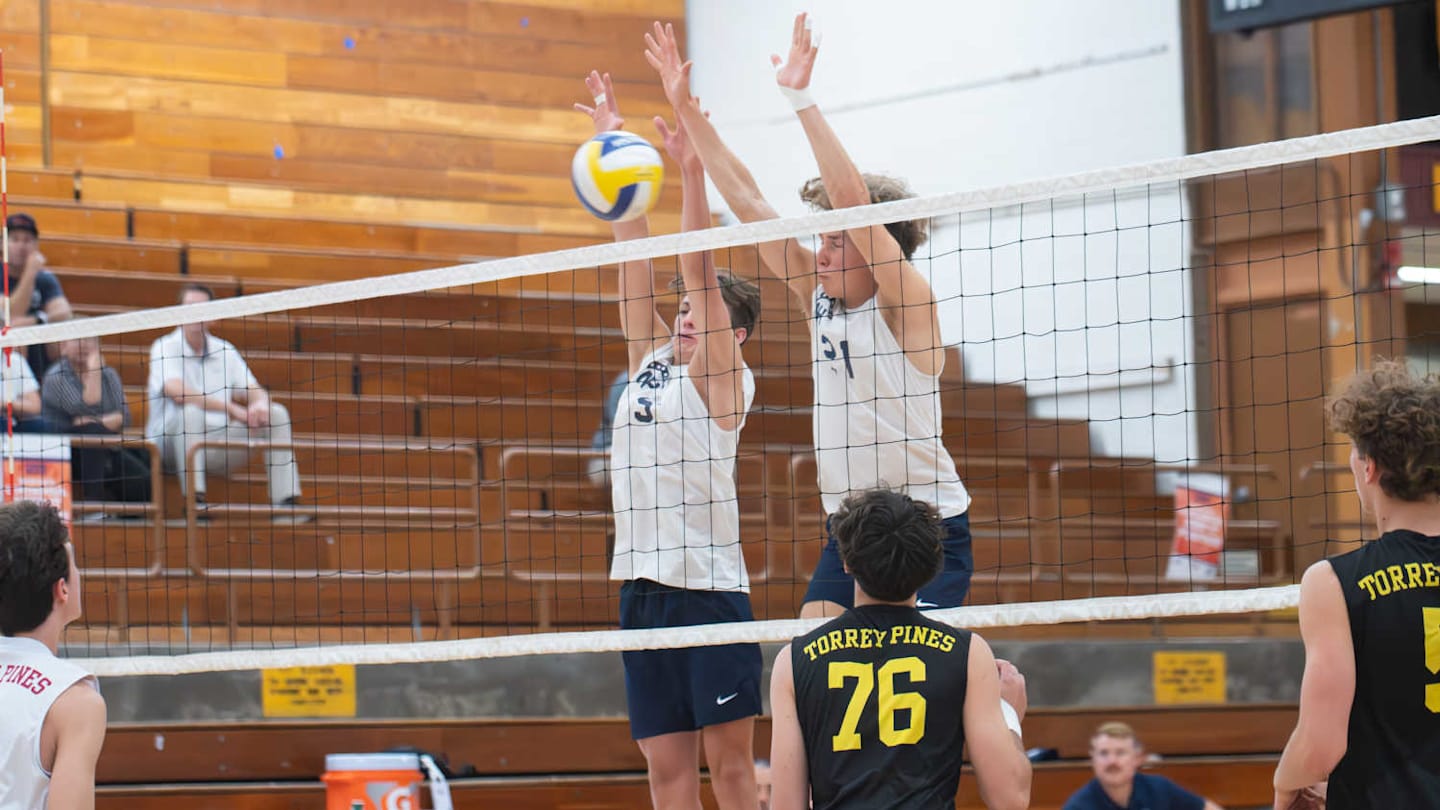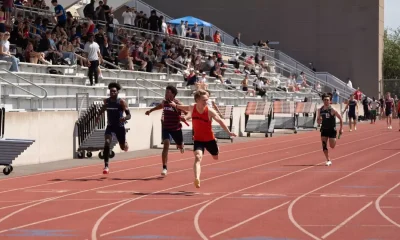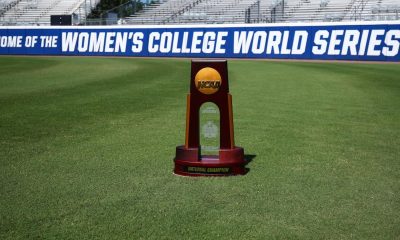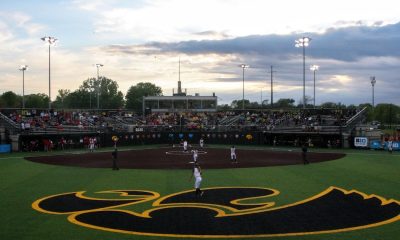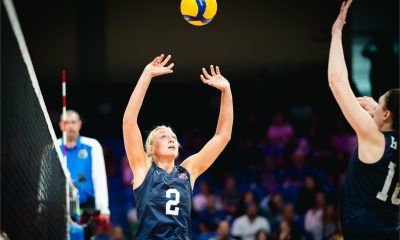I don’t know when Hart House, the student center on the University of Toronto’s St. George campus, first began advertising drop-in volleyball on Tuesdays and Thursdays. Perhaps it’s been going on for a while now and I somehow missed it. However that may be, over the semester just past these games have become among the high points of my week. Hart House is next door to Wycliffe College, where I teach, and I find the game a wonderful way of unwinding at the end of a long day.
It’s a young crowd, for sure. Senior members like me make extensive use of the weight room and other gym facilities, and I had assumed that I’d see at least a few of my fellow professors on the volleyball court. But no, it’s almost all undergraduates, joined by the occasional medical student or Ph.D. in the sciences. (Not, for some reason, graduate students in the humanities; whatever happened to mens sana in corpore sano?) The students seem bemused by my presence—friendly, welcoming, but also a bit uncertain about how they should regard this gray-haired Boomer among them.
It helps that I am actually pretty good at volleyball. Some of these young men and women are highly experienced players, with devastating overhand serves, and the ability to spike the ball with power. I’m not at that level, certainly. But I hold my own. I’m especially strong at setting—bump-passing the ball to a teammate in the front row, who (ideally) finishes off the play with a score. My serving has grown markedly better over time, and I’ve graduated from a gentle underhand to a fairly effective overhand. So far, I have managed to avoid serious injury, apart from the strained finger or two. One time, the ball hit me smack on the forehead—nothing serious, but it gave me a great excuse to do a Euro Cup-style “flop,” to the amusement of my fellow players.
Both the students and I are out there to have fun. I am not sure if “fun” is a theological category, but play certainly is; what else is liturgy but a kind of solemn play? Although volleyball games at Hart House are far from solemn, the element of play is real; that’s what makes the matches such a refreshing break from academic and other work. Athletes talk about being “in the zone.” Surely that’s a secular analogue for religious ecstasy, that experience of being taken outside oneself and just so finding oneself at a truer or higher level. As we play, we are “in the zone” or even “in the Spirit,” a condition that does not suppress the individual, but sets him or her free to participate in a larger purpose.
I wrote the preceding sentence before I read the fine recent Covenant essay by Dane Neufeld, “Competition and Performance,” in which he writes:
[It] is possible to understand the competitive environs of youth as a kind of preparation for the gospel. Like the law (an imperfect analogy), competitive pursuits can impart a moral code that helps to restrain and mold human desire in ways that helpfully prepare young people to live with others and to contribute in meaningful ways to a broader purpose.
I am inclined to agree with Neufeld, though with the caveat that the more professional the competition is, the more likely it is that competition will be distorted in harmful ways. When winning is everything (or the only thing, as Vince Lombardi said), fellowship and camaraderie are replaced by what Augustine called the libido dominandi, the desire for domination, which is more or less humanity’s default setting after the Fall.
Thankfully, afternoon volleyball at Hart House is a truly amateur affair—amateur, meaning lover—and therefore blessedly free from the meaner aspects of sport. Indeed, one of the things that has impressed me most is the students’ patience and concern for weaker players. Beginners to the game, for instance, are given almost unlimited do-overs on serves. A good deal of informal pedagogy happens in real time, as veterans offer tips to newcomers on the proper techniques. After an unforced error, a player can expect to be on the receiving end of some good-natured abuse, but no more than that. Play means laughter, and there’s no shortage of that on the court.
Volleyball sides consist of six players each. When more than 12 people show up, various schemes of rotation are adopted, meaning that one can expect to spend part of the match standing on the sidelines. One day I was waiting for my turn to be rotated back in, and fell into conversation with one of the students, who asked me what I did. “I’m a professor at Wycliffe next door,” I said. He asked me what I taught, and I answered simply “Theology.”
“Oh,” he replied—“is that like Religious Studies?” I explained that the University does indeed have an excellent Religious Studies faculty, with whom we maintain a good working relationship, but that Theology is different. It’s an inquiry into God, undertaken by the community that worships and confesses God in Jesus Christ—the church. Our college is a school in the Lord’s service. He found this interesting, and then asked simply: “So you’re a believer?”
It’s a good question. There’s a longstanding debate about whether “doing theology” requires that the theological subject be a religious practitioner. To me, the answer has always been obvious: yes! If theology is faith in search of understanding, as Anselm taught us, then faith is something like a key job requirement. There are smart people, good theologians, who think otherwise; but to me, the idea of “unbelieving theologian” has always seemed a contradiction in terms.
It’s tricky, though, because you also don’t want to make the quality of one’s faith the determining factor in theological work. This would be to place self before God, law before gospel, grim duty before playful delight—a totally wrongheaded set of priorities. Theology is an activity in which the object of inquiry, the triune God, is the very One who sets you free for the activity. Subverting Nietzsche, Karl Barth called evangelical theology the true fröhliche Wissenschaft, the joyful science, or as we might also put it, the playful science.
I did not share any of that with my teammate. I simply answered his question with a “Yes”—and before we knew it, both of us were being rotated back onto the court. Maybe he and I will pick up that conversation at a point in future. But I appreciated the opportunity for the existential check-in and small moment of witness. Yes, I am a believer—not because my faith is anything much, but by the grace of God, who sets me free to worship, learn, teach, write, and otherwise play my part in the work of the kingdom.
The term is over, exams are ended, and the students have scattered to the four winds. I doubt there will be enough warm bodies to field two teams for the next couple of months. But I could be wrong—there’s always summer school. Even if I must wait till September, I look forward to being back on the court again, hoping for a good rally.
Joseph (Joe) Mangina is professor of theology at Wycliffe College, Toronto.

